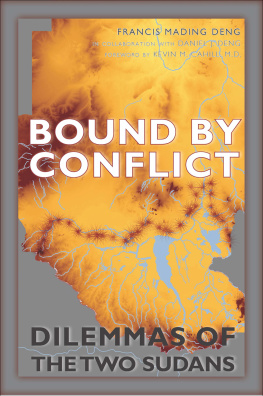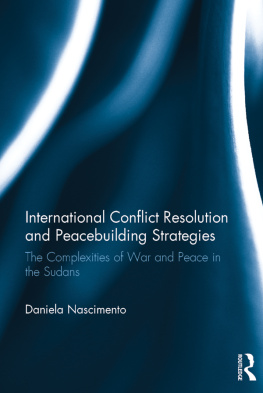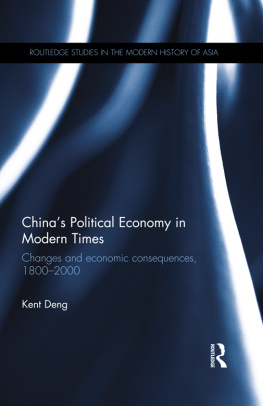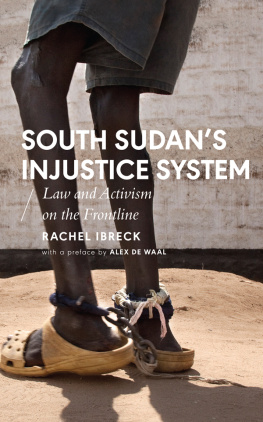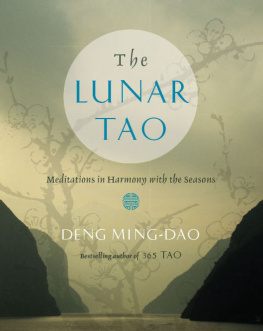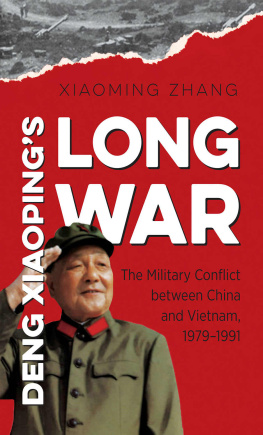Copyright 2015 Francis M. Deng
All rights reserved. No part of this publication may be reproduced, stored in a retrieval system, or transmitted in any form or by any meanselectronic, mechanical, photocopy, recording, or any otherexcept for brief quotations in printed reviews, without the prior permission of the publisher.
The publisher has no responsibility for the persistence or accuracy of URLs for external or third-party Internet websites referred to in this publication and does not guarantee that any content on such websites is, or will remain, accurate or appropriate.
Library of Congress Control Number: 2015945495
Printed in the United States of America
17 16 15 5 4 3 2 1
First edition
FOREWORD
In 2010, Francis Deng wrote a brief but comprehensive study, Sudan at the Brink: Self-determination and National Unity, which outlined the past, present, and prospective future of conflict in the country, united or divided. A referendum was to be held in the South in January 2011 to determine whether the country would remain united or be partitioned by Southern independence. I provided a Foreword, which I was pleased to do, especially as I had known Francis since the early 1960s when I was in the Sudan as a young physician, and we later grew closer together and cooperated on a number of books and other activities. The book, published by Fordham University Press, as part of its International Humanitarian Series, was immediately translated into Arabic, German, and French and available in electronic form, in order that it have the most broad contribution on the rapidly evolving national debate.
The referendum in South Sudan was only a few months away. And yet, while anticipating that the South would predictably vote for independence, there were international apprehensions about Southern independence. Francis Deng himself entertained a faint hope that unity within the framework of a New Sudan of full equality, without discrimination on the base of race, ethnicity, religion, culture, or gender, might still be possible. I shared the delicate balance between his realistic assessment of the situation, which favored partition, and optimistic aspiration for unity.
In my Foreword, I wrote:
There is grave concern over partitioning the country and the repercussions not only for Sudan, but also the Continent of Africa as a whole, and by extension, the global community. Even in material terms, the international community has already invested billions in humanitarian assistance to Sudan, and the United Nations and the African Union maintain two major peacekeeping operations in the South and Darfur. Unless the Southern referendum and results are carefully and constructively managed, the international community could be confronted with yet another crisis with grave humanitarian and fiscal consequences.
I also commented on the role of Francis Deng specifically:
This book is a powerful statement by an individual who is deeply concerned about the plight of his people and the destiny of his country, a man who in many ways, symbolizes the lofty aspirations for unity, in which diversity is seen as a source of enrichment and not of destructive conflict, a unity of full equality among all its citizens.
I went on to acknowledge the fact that Sudan had not lived up to those aspirations:
Unfortunately, Sudan has so far failed to rise to this lofty vision. If the voters choose unity, it must be implemented in a far more equitable manner than in the past. If they opt for secession, then the process of partition must be as peaceful and harmonious as possible, with both North and South working to establish a framework for close association and cooperation, while leaving open the possibility for reunification, should the right conditions be created.
Francis Deng, in his Introduction, also wrote:
Whatever the decision of the South on the issue of unity and secession, the two parts of the county will remain in the same geographical proximity, will continue to interact, and, in varying ways, will become even more interdependent than they have been. All this means that there will undoubtedly be significant elements of unity beyond partition. Unity and partition represent degrees of relationship. The challenge for the North and the South is to work out the arrangements that will reconcile partition with ongoing challenges of unity.
My observations and those of Francis Deng were supported by many prominent personalities, including three Nobel Peace Laureates, leaders from Africa, the United Nations, and academia.
Tragically, the concerns that Francis Deng articulated in Sudan at the Brink, which were widely shared by the international community, are now being played out in proliferating conflicts within and between the Two Sudans. But Francis Deng, with his characteristic optimism, believes that there are always opportunities in crises and that both Sudan and South Sudan should see these interconnected crises as wake up calls for them to debate what went wrong and what they must do to correct it. Bound by Conflict: Dilemmas of the Two Sudans reflects the spirit of his long commitment to a Sudan united on the basis of full equality for all, with no discrimination on the basis of race, ethnicity, religion, culture, or gender. Even after the partition of the country, in accordance with the vote in the 2011 referendum that overwhelmingly chose secession, in light of the current conflicts within and between the two countries, the Two Sudans are still being called upon to pursue the ideals of a New Sudan. Achieving this goal would provide a basis, if not for full reunification, at least for some association that would foster peace, security, stability, and cooperation between them.
He sees the violence that broke out in December 2013, and soon escalated into a rebellion, as significantly rooted in the long NorthSouth war in the Sudan. Governments recruitment of tribal militias to fight a proxy war against the rebel movement, massive supply of small arms to these militias, the conclusion of the Comprehensive Peace Agreement (CPA) as a result of international pressure, an agreement that was comprehensive only in the issues of NorthSouth conflict that it covered, but by no means comprehensive to the country as a whole, the ambivalent, flawed, and in some cases antagonistic implementation of the CPA, unresolved conflicts in regions of the North bordering the South whose impact spills over the borders, differences over the sharing of the revenues from the oil produced in the South, and ongoing allegations of support for each others rebels are among the contributing factors that keep the two countries still bound by conflict.
This means that for them to be bound together by peace, rather than by conflicts, they need to cooperate in resolving their internal conflicts to facilitate cordial bilateral relations, and prevent internal conflicts from spilling over their borders and impacting negatively on their bilateral relations. This is an obvious wisdom, which the parties in conflict are not likely to see or heed. They need international support, if only for face-saving reasons, to move in that direction.


